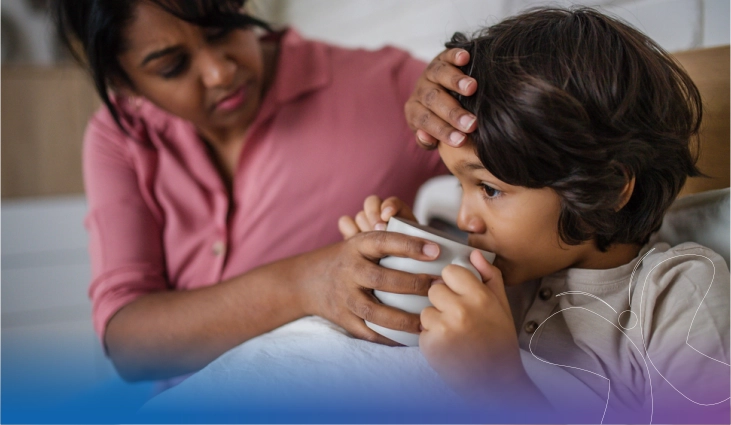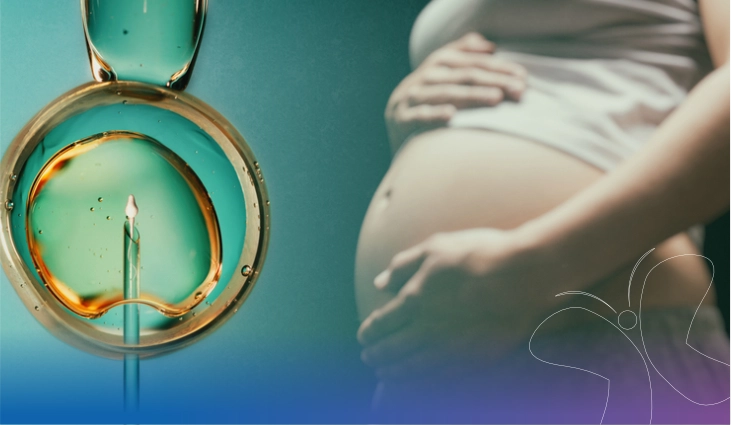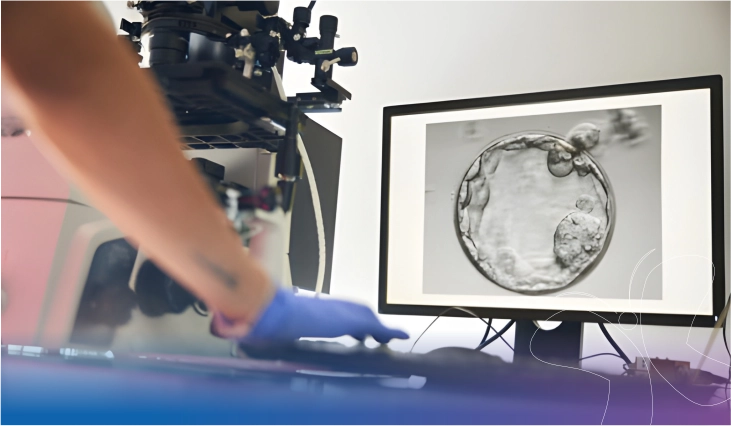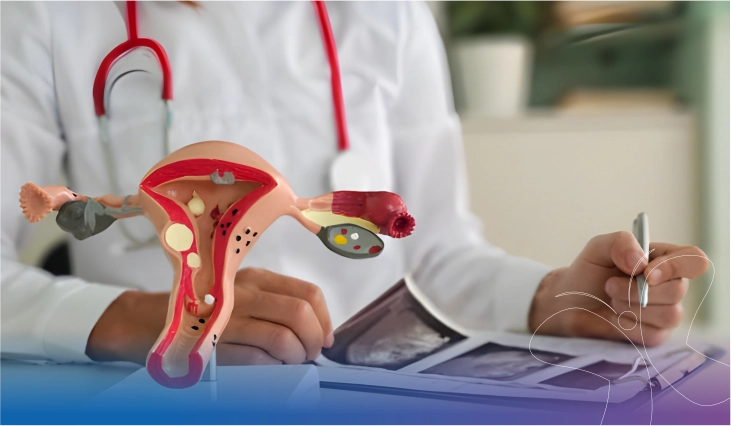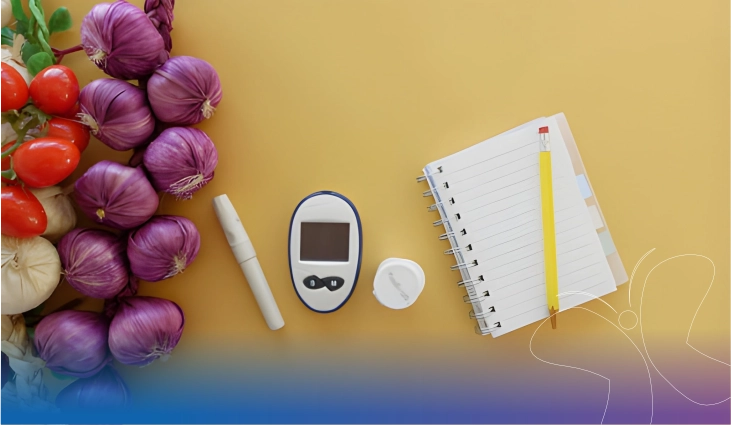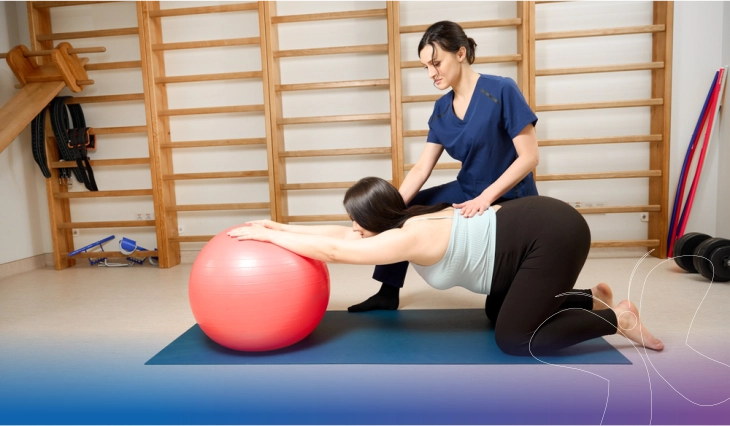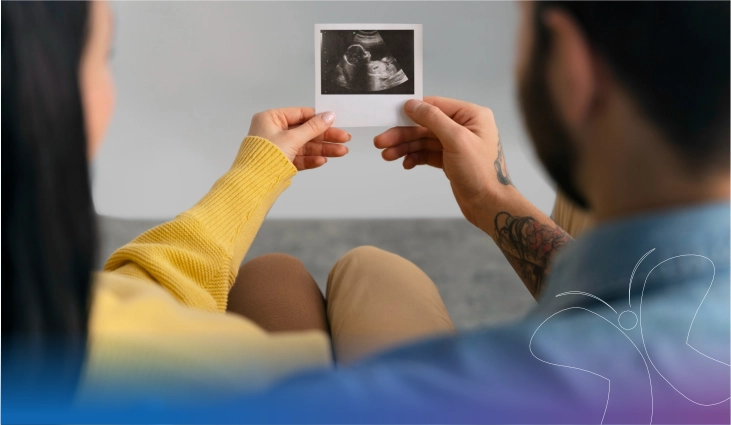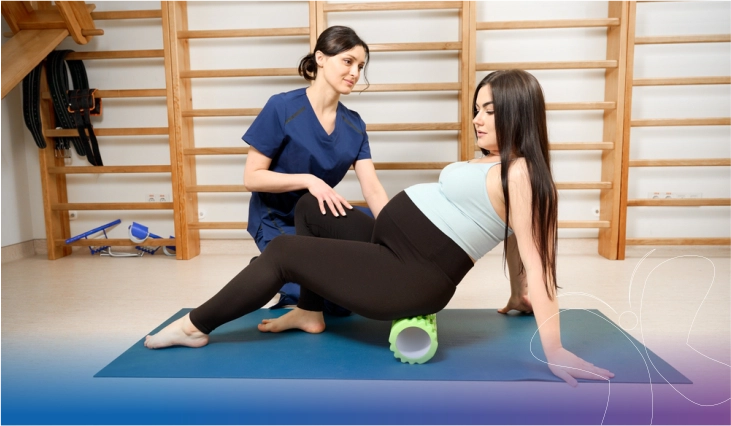The first time it happens, it almost feels like a flick or a bubble popping.
You stop. You wait. You ask yourself, “Was that gas or... did my baby just move?”
It’s confusing. It’s magical. And slowly, it becomes a quiet routine.
That little thump you feel every now and then that’s your baby saying, I’m here. I’m growing. I’m okay.
But Wait, Are These Kicks Really That Important?
Yes. And not just for the emotional high.
Every movement — whether it’s a roll, a jab, or even that weird elbow jab near your ribs — gives insight into how your baby is doing. A healthy baby is an active baby.
That doesn’t mean they’ll always move at the same time or in the same way.
It means they develop a rhythm. A kind of personal dance.
So When Should You Start Feeling It?
Some women feel it by week 18, others by 22.
If it’s your first pregnancy, it might take longer. If not, you may even catch those flutters earlier.
There’s no perfect clock. You’ll know when it happens. You’ll pause everything just to feel it again.
What’s “Normal” And What’s Not?
Truth? There’s no universal number. But most doctors say:
Try to feel 10 movements in 2 hours, especially once you're well into your third trimester.
Some babies are hyper after lunch. Others have dance parties at 2 AM.
It’s less about counting and more about noticing: Is my baby following their usual rhythm today?
If they’re quieter than normal, or if the movements feel off — that’s when you check in.
How Can You Keep Movement Strong?
It’s less about “doing” something and more about taking care of you.
Still, a few things help:
- Eat regularly. Your pregnancy diet plan affects baby’s energy too.
- Stay relaxed. Stress hormones impact movement — that’s not just talk.
- Gentle walking or approved pregnancy week by week guide movements keep both you and baby active.
- Follow basic, no-nonsense healthy pregnancy tips like sleep well, hydrate, rest when your body says so.
Sometimes, even something as simple as cold water or a sweet snack can get the baby grooving again.
When to Worry (And When Not To)
You’ll know the difference between “I’m not sure” and “this really feels wrong.”
When the kicks slow way down or disappear don’t wait. Doctors prefer a false alarm over a late one.
At Flowrence Hospital, we don’t treat movement tracking like a checklist.
We sit with you. We explain. We monitor. And we make sure you never feel silly for asking again.
Because every little kick? It’s your baby speaking. And someone should be listening with you.
Your belly might be stretched, but so is your intuition. Trust it.











